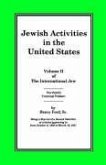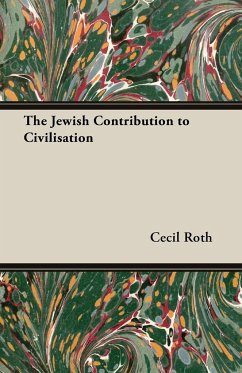What saves both Christian sacramentalism and the ceremonial and ritual practices of Judaism from any tinge or taint of the magical is the strong conviction of the divine authorization of these rites. God is being obeyed by man's fulfillment of His terms, and in obedience to the divine injunction His will is being carried out. -from "Judaism and Sacramentalism" How did the rituals of the early Christian church grow out of Jewish ceremony? How are Christian and Jewish prayers alike, and how do they differ? How does inner spirituality connect to cultish behavior? How did the politics of the Roman Empire affect the development of the liturgical practices of Christianity? Steeped in a profound knowledge of antiquity and abundant modern wisdom, this 1928 work by a professor of ecclesiastical history, adapted from his lectures at the Society for Promoting Christian Knowledge in London, provides a unique chronicle of first days of Christianity that will fascinate scholars and the faithful alike. FRANK STANTON BURNS GAVIN (1890-1938) also wrote The Ideas of the Old Testament (1923), The Catholic Idea of the Eucharist in the First Four Centuries (1930), and Selfhood and Sacrifice: The Seven Problems of the Atoning Life (1932).
Hinweis: Dieser Artikel kann nur an eine deutsche Lieferadresse ausgeliefert werden.
Hinweis: Dieser Artikel kann nur an eine deutsche Lieferadresse ausgeliefert werden.








